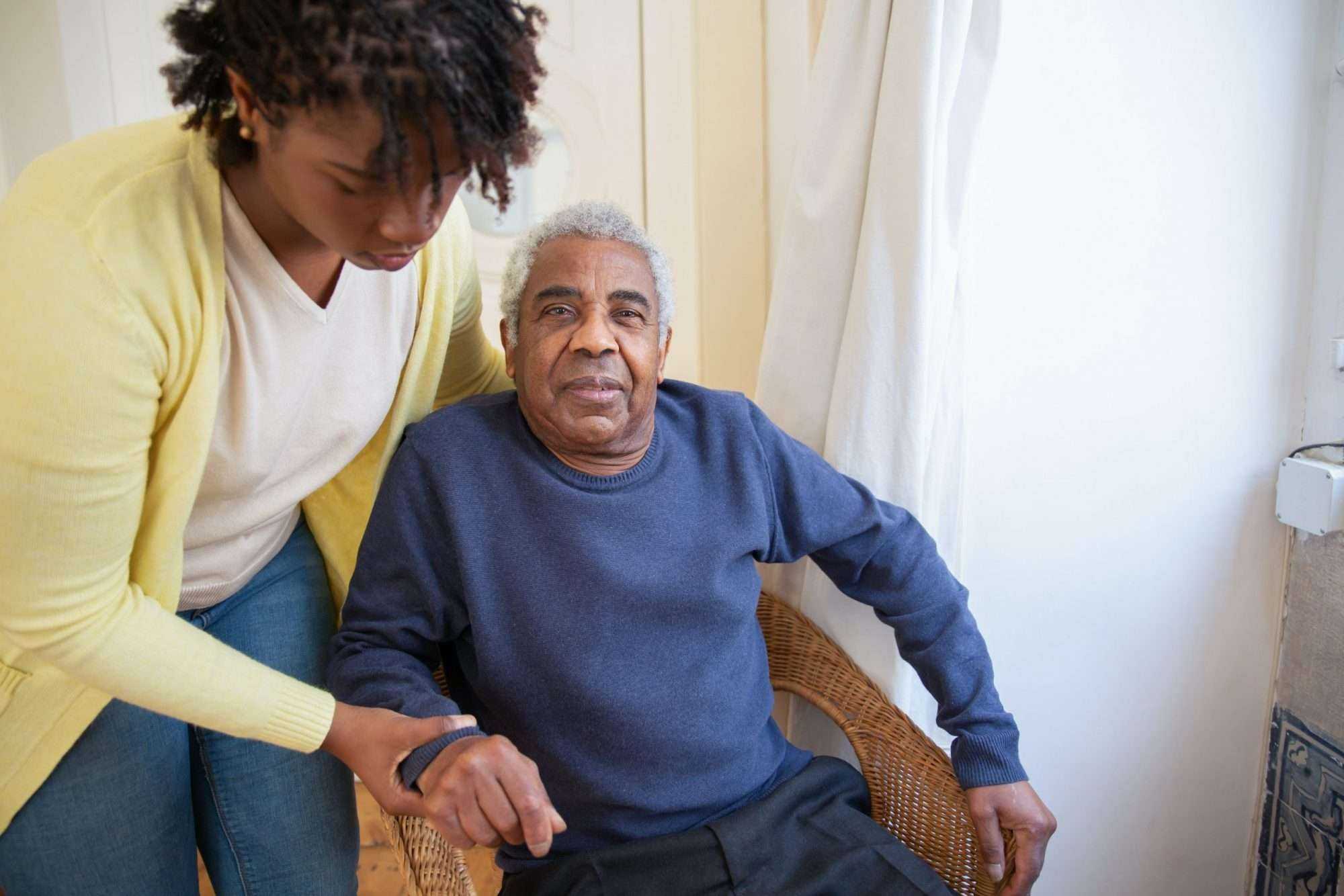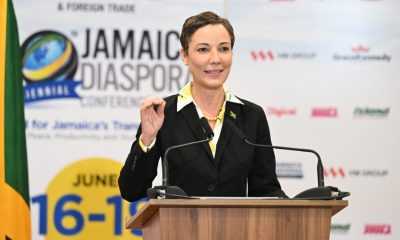BY W. GIFFORD- JONES MD & DIANA GIFFORD-JONES
Readers of a great age face a common problem. It’s called frailty or general weakness. The frail elderly are at risk of falls that require hospitalization, often leading to palliative care. As the condition progresses, independent living at home can become impossible. For people who have reached the end of their desire to continue, frailty presents a medical dilemma for doctors. How much frailty is needed before the doctor allows, “There’s reason enough to end life by Medical Assistance in Dying (MAID),” and would a veterinarian be the better professional to make this decision?
One of the conditions that doctors must decide at the end of life is whether weakness is reversible. This obviously makes sense when considering life or death situations, but frailty is not like a mathematical problem where there is a right or wrong answer.
Many readers know that I have always fought to end needless suffering. I have followed the edict of Hippocrates, the Father of Medicine, who taught that doctors should do no harm. To my mind, allowing crushing agony to continue is more than terribly harmful.
It is because of this attitude that I fought for five years against well-known organizations, such as the Royal Canadian Mounted Police, pharmacists, and politicians who vigorously fought against the legalization of heroin to ease the pain of terminal cancer.
Two things finally helped to legalize heroin. I visited England and Scotland where heroin had been available for 90 years for pain relief. I talked to experts about pain control, which showed that the troubling perceptions surrounding heroin were wrong. I delivered in person forty thousand handwritten letters from readers who had seen loved ones die in pain to the Minister of Health in Ottawa. In 1984, heroin was legalized in Canada to treat pain for terminal cancer patients.
A CMAJ article reported that 53 patients who selected MAID had suffered “multiple geriatric syndromes,” a combination of medical, social and other conditions that involved unbearable suffering. These patients did not have a life-threatening disease, but their lives had degenerated to such a state that a decision to use MAID aligned with the Hippocratic oath.
Other studies show that once severe frailty occurs, patients live 3.5 to four years. Weaknesses often lead to great frustration and depression.
There is no universal answer to this dilemma for doctors. Some physicians will never end lives by MAID due to religious, moral, or ethical grounds. For them, there is no compromise.
My family, on the contrary, is quite pragmatic about the end of life. They know I would not want to suffer from severe frailty. A decision to conclude enough is enough would depend on my: doctor, wife, and children. I have only half-jokingly expressed the opinion that I would want a veterinarian to help make the decision. I know how veterinarians ease the suffering of animals.
Our family has seen the lives of several much-loved dogs ended by painless injection when they are in agony. It’s a shattering moment to bear. But it has always seemed consoling to me that veterinarians and families, without being able to converse with pets, know when their suffering is unbearable and needs to end. Yet some doctors, who are able to discuss this matter with patients, often allow severe weakness and suffering to continue much too long.
So, doctors should listen hard when patients say, “Please, I want to die and end this agony.” After all, the patient is the only one who knows the extent of the pain. Prolonging unbearable pain makes no sense, not to the veterinarian.


 Community News2 weeks ago
Community News2 weeks ago
 Community News1 week ago
Community News1 week ago
 Community News1 week ago
Community News1 week ago
 Community News1 week ago
Community News1 week ago
 Community News2 weeks ago
Community News2 weeks ago
 Community News1 week ago
Community News1 week ago
 Community News2 weeks ago
Community News2 weeks ago
 Community News1 week ago
Community News1 week ago






























